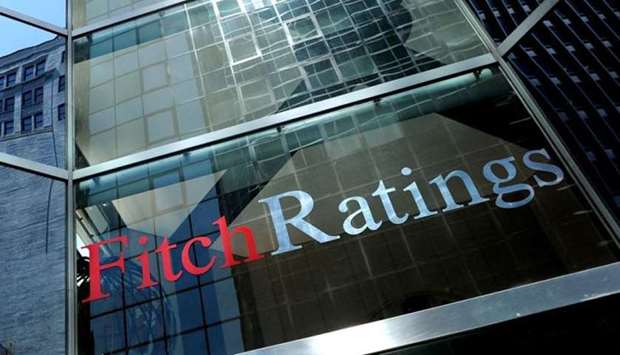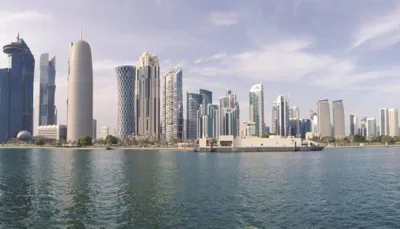Qatar's fiscal deficit is narrowing despite the economic boycott that began in June last year, according global credit rating agency Fitch.
"We expect our headline measure of Qatar's fiscal deficit to decline to 2.5% of GDP (gross domestic product) in 2017 from 5.1% in 2016, including estimated investment income of the Qatar Investment Authority (QIA)," Fitch said in a report.
The expected improvement is due to recovering oil and gas prices and an associated rebound in nominal GDP and government revenue, it added.
The Qatar Central Bank's (QCB) preliminary figures, which exclude QIA income, showed a fiscal deficit of QR24.7bn in the first three quarters of 2017 (5.5% of GDP during the period), with revenues and spending up 0.9% and 1.5% respectively in the same period in 2016.
"The fourth quarter 2017 revenues should show a stronger pick-up with the hydrocarbon price recovery, but spending is traditionally concentrated in that quarter and will also rise," the report said.
Highlighting that there are also signs of broader economic resilience, Fitch said the central bank data show non-resident interbank and customer deposits at Qatar's commercial banks grew in December for the first time since June, when Saudi Arabia, the United Arab Emirates, Bahrain and Egypt severed diplomatic, financial and trade links with Qatar and closed air, land and sea borders.
The demand for recent bond and loan placements by QNB suggest continued interest among non-resident institutional investors (primarily from Asia-Pacific) in exposure to the country, the Fitch report said, adding international oil companies are keen to participate in expanding Qatar's liquefied natural gas production.
GDP grew 1.1% in the first three quarters of 2017, after a second-quarter contraction, while imports have rebounded, reflecting the substitution of Saudi Arabia and the UAE in supply chains.
The government's narrow tax base means revenues depend far more on hydrocarbons than on the rest of the economy. But steady economic performance could reduce the need to support the private sector and give the authorities confidence to continue fiscal reforms such as implementing value added or excise tax, which has been postponed, according to Fitch.
Qatar's rating is supported by the strong net external asset position. Asset market returns in 2017 supported QIA assets, and may have offset the public sector's estimated $32bn deposit injection into the banking sector in June-December, it said.


